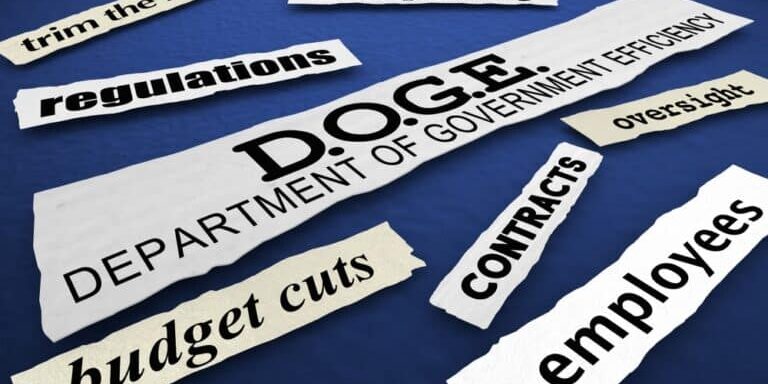
The Hollow Spectacle of Congressional Oversight: A 1995 Exposé
DOGE: A Modern-Day Exercise in Futility
In early 2025, Elon Musk took the helm of the newly formed Department of Government Efficiency (DOGE), vowing to slash $2 trillion from federal spending. However, the reality was far from the promise. DOGE's reported savings of $160 billion were overshadowed by an estimated $135 billion in costs due to legal challenges, rehiring expenses, and operational disruptions. Critics pointed out that many of the claimed savings were either inflated or based on already terminated contracts. The initiative not only failed to achieve its financial goals but also led to decreased morale among federal employees and disruptions in essential services.
Musk's efforts were further undermined by President Trump's "Big Beautiful Bill," a massive spending package that increased the federal deficit and contradicted DOGE's mission of fiscal responsibility. Musk publicly expressed his disappointment, stating that the bill "undermines the work that the DOGE team is doing."
A Theatrical Hearing in a Broken System
The 1995 congressional hearing on federal waste was a performance designed more for optics than for genuine reform. Politicians from both sides of the aisle feigned concern over government inefficiencies, yet their actions suggested a deeper commitment to maintaining the status quo. The hearing highlighted egregious examples of waste, such as job training programs that failed to provide meaningful skills and housing initiatives that destabilized communities. Despite the evidence presented, there was little appetite for substantive change.
Section 8: A Welfare Scheme Gone Rogue
Section 8 housing vouchers, intended to assist low-income families, often resulted in unintended consequences. By subsidizing rent without addressing underlying issues, the program inadvertently concentrated poverty and crime in certain neighborhoods. Studies from cities like Chicago and Houston revealed that areas with high concentrations of Section 8 recipients experienced spikes in violent crime, undermining community stability and safety.
Political Theater and the Path of Least Resistance
When confronted with the failures of programs like Section 8, politicians like Rep. Christopher Shays offered platitudes rather than solutions. The reluctance to dismantle ineffective programs stemmed from a fear of political backlash and a desire to appear compassionate, even at the expense of efficacy. This aversion to meaningful reform ensured that wasteful spending continued unabated.
The Harvard Seal of Approval for Failure
After his tenure in Congress, Shays was welcomed into academia, with institutions like Harvard lauding his "bipartisan leadership." This pattern of rewarding political figures despite their track records perpetuates a cycle where failure is not only tolerated but celebrated, provided it aligns with prevailing narratives.
A Lesson for Those Who Dare to See
The parallels between the DOGE initiative and past governmental failures underscore a persistent issue: without genuine accountability and a willingness to challenge entrenched systems, efforts at reform are doomed to repeat the mistakes of the past. Both instances serve as cautionary tales about the dangers of performative politics and the importance of substantive change.
The Call to Action: Stand for Yourself
In a landscape where governmental promises often fall short, individuals must take proactive steps to safeguard their interests. Relying solely on political figures or institutions for protection is a gamble. Empower yourself with knowledge and tools to navigate financial uncertainties.
Take control of your financial future before the next meltdown hits.
👉 Download “Seven Steps to Protect Yourself from Bank Failure” by Bill Brocius right here.











